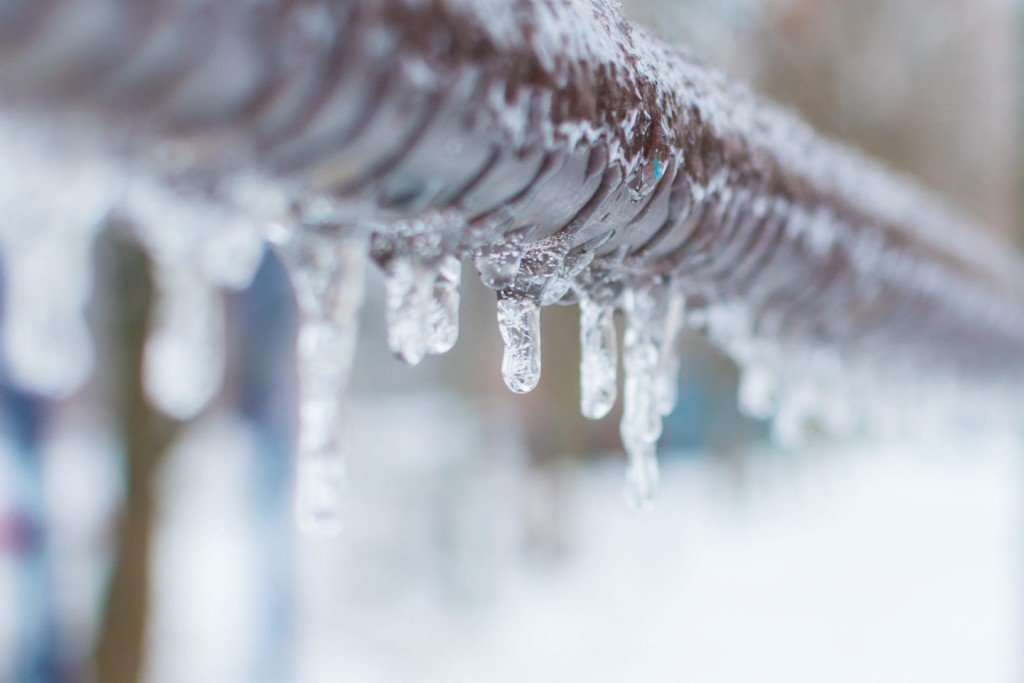We are in the middle of the winter season in Gatineau, and the temperature remains as cold as always. As the cold stays below freezing, one of the many things winter can do to a house is cause frozen pipes. And that’s not even the worst. If you are lucky enough only to have to deal with freezing water, you will be able to manage the issue and successfully solve the problem by thawing the water. But frozen pipes can lead to bursts, and that is a whole other issue.
I think my pipes are frozen!
Imagine you just woke up in the morning and are going to brush your teeth. You open the faucet and… no water. You head over to the basement to check if your water is turned on and check if you don’t have leaks. After that, you realize your pipes are frozen. When the temperature drops, there is a chance your outside pipes will freeze. It can also happen with pipes inside the house, usually in the basement – or in areas where the lines are not properly insulated or do not receive as much heat from the heating system.
How to prevent frozen pipes?
There are a few things you can do to keep your pipes from freezing. If done correctly, those things can avoid future headaches related to frozen water, like having to thaw them or the pipes bursting.
Here are some tips to help you prevent frozen pipes:
- If you can, drain the water from pipes that may freeze: like the ones that are exposed to the outside temperature.
- Open your kitchen and bathroom cabinets: this will allow warm airflow around the pipes.
- Keep your faucet slightly open in the colder days: allowing the water to drip makes it harder to freeze because of the water flow.
- Ensure your heating system is working correctly and keeps the temperature the same day and night: it should not go under 12º celsius when you are not home.
- Insulate your pipes: especially those in colder rooms like the basement, garage and attic.
How to thaw frozen pipes
If all that is not enough or if you already have frozen pipes while reading this, you have two options. You can call a plumber to make sure the issue is addressed professionally, or you can try to thaw it yourself. If you choose the second option, here is what you should do:
- Find the frozen pipe: Finding the frozen spot might be challenging. It can be in a difficult area or even inside the walls, but if you can find it and get to it, you will be able to thaw the frozen water inside. If you are not able to see it, call a professional plumber.
- Open your faucet: as you thaw the frozen pipe, the water needs an opening for it to go through. It can also accelerate the process as the water can run through the pipe.
- Apply heat to the frozen spot: You can do that with a hairdryer or a warm washcloth. If you want a more technological fix, you can use an electronic heating pad. Remember never to leave the heating pad unattended as it can cause a fire. Never pour boiling water directly into the pipe, as the quick change of temperature can make it burst. Also, never use any fire device, like torches. You can use a space heater if you are absolutely sure there are no flammable products around; you also should not leave the space heater unattended. Keep applying heat until the water stream is back to normal.
- If the frozen pipe is inside a wall, do not attempt to fix it yourself and call a professional.
I need professional help!
If you decide it is better if you do not try to fix the frozen pipes yourself, Plombier Gatineau has the best professionals to help you. Founded over ten years ago, we offer various plumbing services, such as toilets, water heaters, bathtubs and showers, emergency plumbing and more. No matter how complex it seems, if you need help, give us a call to schedule a visit. Plombier Gatineau service Gatineau, Hull, Aylmer, Chelsea, Wakefield, Val-Des-Monts, Ottawa and Buckingham.

